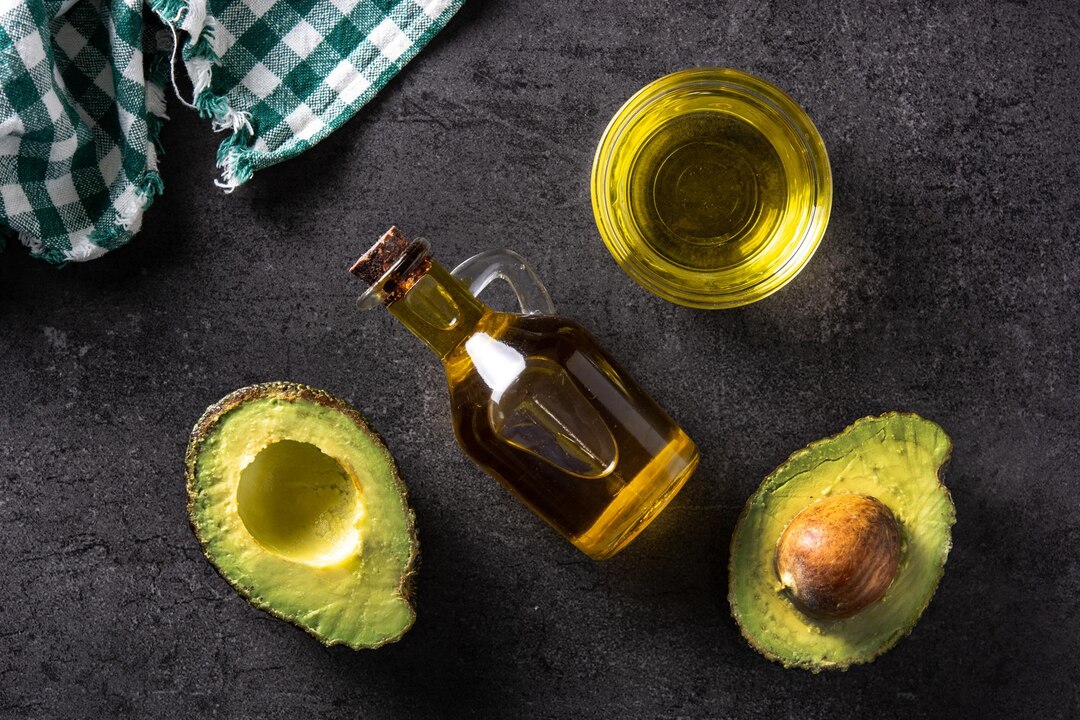When it comes to maintaining a balanced and nutritious diet, incorporating healthy fats is essential for overall health and well-being. Contrary to popular belief, not all fats are created equal, and certain types of fats offer numerous health benefits when consumed in moderation. In this article, we’ll explore the importance of healthy fats in your diet and highlight some of the best sources to include in your meals for optimal health.
1. Understanding Healthy Fats:
Healthy fats, also known as unsaturated fats, are an essential macronutrient that provides energy, supports cell growth, and aids in nutrient absorption. Unlike unhealthy saturated and trans fats, healthy fats have been linked to a reduced risk of heart disease, improved brain function, and enhanced overall health.
2. Monounsaturated Fats:
Monounsaturated fats are a type of healthy fat found in foods such as avocados, nuts, seeds, and olive oil. These fats have been shown to improve heart health by lowering LDL (bad) cholesterol levels and reducing inflammation in the body.
3. Polyunsaturated Fats:
Polyunsaturated fats are another type of healthy fat that includes omega-3 and omega-6 fatty acids. Omega-3 fatty acids, found in fatty fish like salmon, mackerel, and trout, as well as flaxseeds, chia seeds, and walnuts, are known for their anti-inflammatory properties and are essential for brain health and function.
4. Omega-6 fatty acids, found in vegetable oils, nuts, and seeds, are also important for overall health but should be consumed in moderation to maintain a proper balance with omega-3 fatty acids.
5. Sources of Healthy Fats:
Including a variety of healthy fats in your diet is easy and delicious. Some of the best sources of healthy fats include:
- Avocados: Rich in monounsaturated fats, avocados are versatile and can be enjoyed in salads, sandwiches, or as a creamy topping for toast.
- Nuts and Seeds: Almonds, walnuts, flaxseeds, and chia seeds are all excellent sources of healthy fats, fiber, and protein. Sprinkle them on yogurt, oatmeal, or salads for a nutritious boost.
- Fatty Fish: Salmon, mackerel, sardines, and trout are packed with omega-3 fatty acids, which are essential for heart and brain health. Aim to include fatty fish in your diet at least twice a week.
- Olive Oil: Extra virgin olive oil is a staple of the Mediterranean diet and is rich in monounsaturated fats and antioxidants. Use it for cooking, salad dressings, or as a dip for bread.
- Coconut Oil: Although high in saturated fat, coconut oil contains medium-chain triglycerides (MCTs) that are metabolized differently in the body and may offer health benefits. Use coconut oil in moderation for cooking or baking.
6. Incorporating Healthy Fats into Your Diet:
To reap the benefits of healthy fats, aim to include a variety of sources in your meals and snacks throughout the day. Swap out processed snacks for nuts and seeds, add avocado slices to sandwiches and salads, and incorporate fatty fish into your weekly meal plan.
7. Balancing Macronutrients:
While healthy fats are an essential component of a balanced diet, it’s important to consume them in moderation and maintain a proper balance with other macronutrients, including protein and carbohydrates. Be mindful of portion sizes and choose whole, nutrient-dense foods whenever possible.
8. Consulting with a Healthcare Professional:
If you have specific dietary concerns or health conditions, consult with a registered dietitian or healthcare professional to determine the best approach to incorporating healthy fats into your diet.
Healthy fats are an essential component of a balanced diet and offer numerous health benefits when consumed as part of a nutritious meal plan. By including a variety of sources such as avocados, nuts, seeds, fatty fish, and olive oil in your diet, you can nourish your body, support overall health, and enjoy delicious and satisfying meals that promote well-being for years to come.








